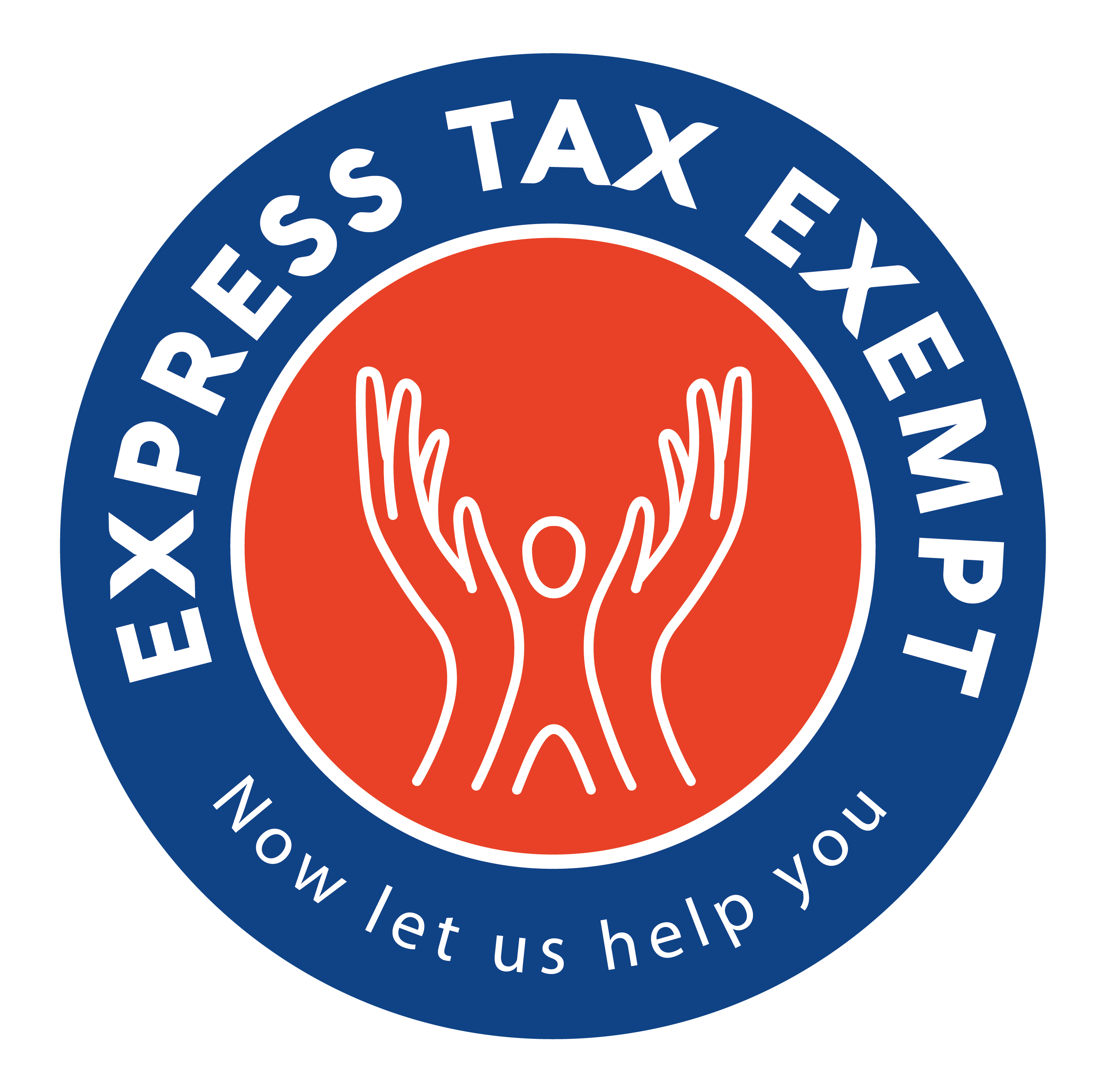How to Donate Tax Deductible Books to Libraries
Valuation of Books
Under normal circumstances, the IRS allows you to deduct the fair market value of your donated books. There aren’t many federal rules about what comprises a fair market value of an item; it’s typically an agreed price in the open market that’s considerably lower than the original value.
You can search second-hand shops or online stores to find prices for similar used items. In exceptional cases, your book may be worth more than fair market value. For instance, the author signed the cover or a page. You may want an appraisal for the book’s actual value.
Proper Recordkeeping
Like many other deductions, you need to provide proof to claim the credit. According to experts, if your contribution is less than $250, the library should give you a receipt displaying its name and address, the date you contributed, and a description of your donation. Your personal record should list the description along with how much you paid for the books and their fair market values.
With donations over $250, your receipt from the library needs to include any benefits or gifts given in return for your contribution. If your “Thank You” gift has monetary value, the IRS requires you to deduct the amount from the value of your donation. And any contributions totaling over $5,000 in books requires an appraisal for the fair market value.
Itemize Your Deduction
To properly claim a deduction for your book donations, you must itemize what you gave. Choosing standard deductions depends on your filing status and the standard changes for inflation each year – you typically want to itemize deductions if the amount is going to be larger than standard. But the choice is ultimately up to you – if you only donated a couple of novels that were just lying around, it may not be worth the extra effort to itemize.
Reporting Donations and Contributions
Taxpayers can report the value of their book donations on Schedule A, Line 17 of their personal tax return. If you’re donating a substantial monetary value, you may need to file additional forms and include an appraisal signature. For libraries reporting their received contributions, you can list donations worth $5,000 or more from any one donor on the Schedule B of your annual 990 form.



